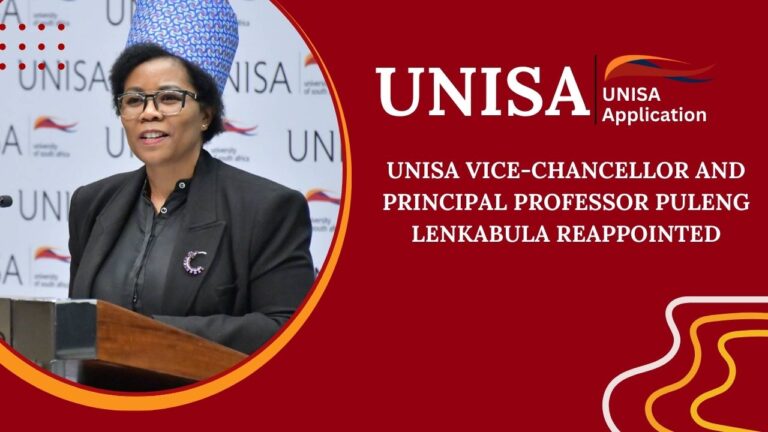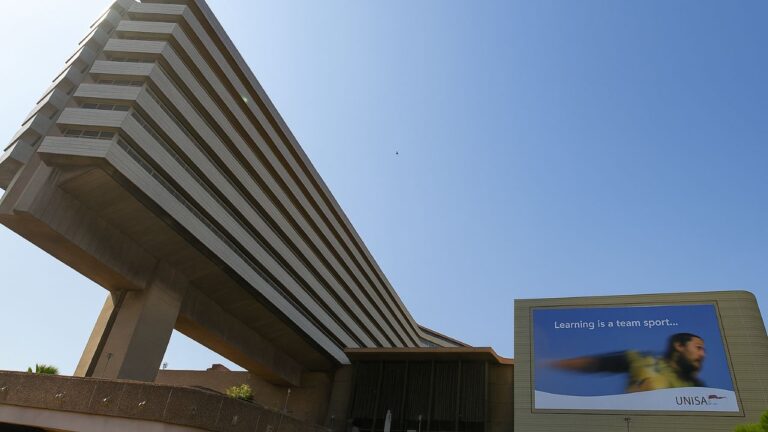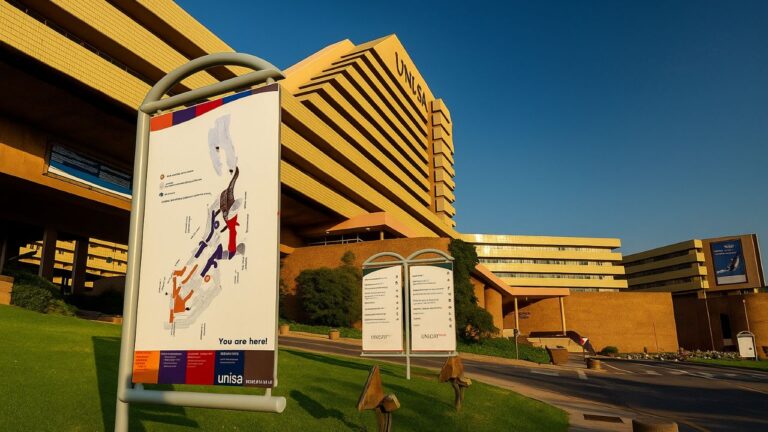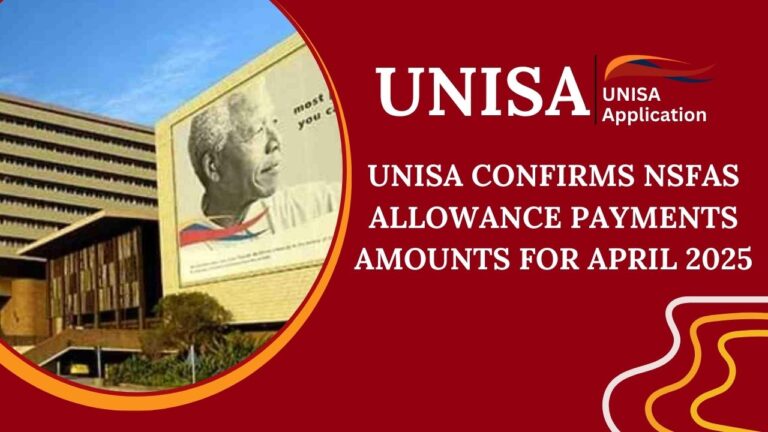UNISA SRC Demands Urgent Action on Sexual Harassment Allegations Against Student Leader
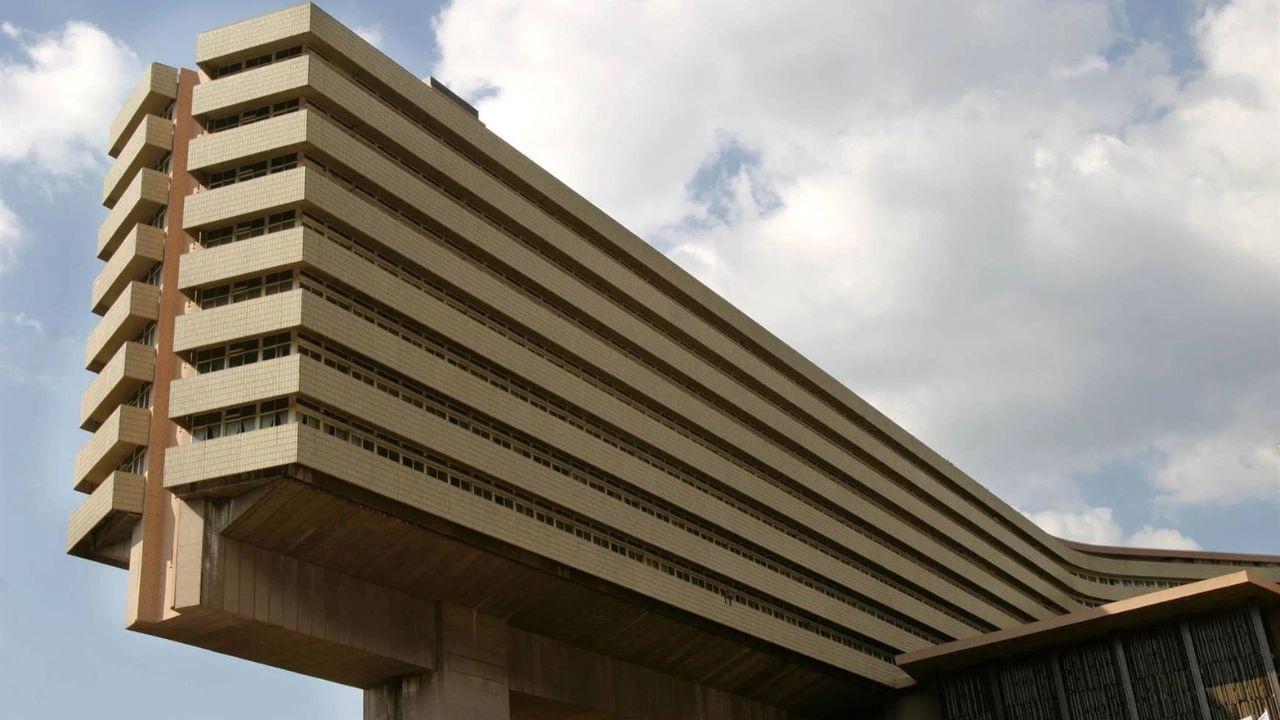
UNISA SRC Demands Urgent Action on Sexual Harassment Allegations Against Student Leader. The University of South Africa (Unisa) is once again at the centre of controversy, as its Students Representative Council (SRC) demands swift and decisive action regarding sexual harassment allegations against one of its own leaders. With gender-based violence (GBV) continuing to plague South Africa, the calls for accountability and urgency grow louder by the day.
SRC Calls for Speedy Resolution
The Unisa SRC has officially called on the university’s management to expedite and conclude its investigations into the serious sexual harassment claims lodged against a senior student representative. General-secretary Shatadi Phoshoko expressed grave concern over the matter, highlighting how deeply disturbed the council was by the allegations, which surfaced earlier this year.
According to Phoshoko, the SRC received a formal complaint from a student, who subsequently attempted to resign following the traumatic incident. However, her resignation was rejected by her political structure, signalling the importance of dealing with the matter head-on rather than sweeping it under the carpet.
Delayed Investigation Raising Concerns
The internal investigation, launched on June 29, has yet to be concluded, much to the dismay of the SRC and the wider university community. In a statement, the SRC stressed the importance of a swift resolution to allow for normal operations to resume and to ensure that all affected individuals receive fair support.
Sexual harassment allegations, particularly within student leadership structures, not only tarnish the image of the SRC but also threaten the integrity, credibility, and reliability of Unisa as a leading academic institution. In this case, the accusations have reportedly been made by two women and have circulated widely across various media platforms, including official Unisa social media pages.
Unisa’s Response and Commitment
In July, Unisa management appealed for time and space to conduct a thorough and fair investigation into the sexual harassment allegations. The university reiterated its zero-tolerance policy towards gender-based violence and assured stakeholders that it was handling the matter with the utmost seriousness.
The university confirmed that meetings had been held between Unisa management and the SRC since the initial complaint was reported through student governance structures. Moreover, the matter has been escalated to relevant law enforcement agencies, and the Office of the Dean of Students has also initiated a parallel internal investigation.
Unisa emphasized its commitment to safeguarding the rights and dignity of all affected parties during the process. It assured students, staff, and the public that appropriate actions would be taken based on the investigation’s findings.
Role of Law Enforcement
Notably, the South African Police Service (SAPS) is now involved in the case. The university has pledged its full cooperation with the external criminal investigation while respecting the processes underway. This dual approach, an internal university inquiry alongside a formal police investigation, is crucial to ensuring that justice is served fairly and thoroughly.
Ongoing Silence and Frustrations
Despite these assurances, the SRC’s calls for a faster conclusion to the investigation have, to date, not been publicly addressed by Unisa management. The delay continues to frustrate students, particularly at a time when the university’s broader commitment to fighting sexual harassment and gender-based violence is under scrutiny.
Combating Gender Based Violence in South Africa
South Africa faces alarmingly high rates of gender-based violence, with universities often microcosms of the broader societal challenges. Institutions of higher learning, like Unisa, have a moral and legal responsibility to foster safe, inclusive, and respectful environments.
When leadership structures within student bodies are implicated in allegations of sexual misconduct, it sends shockwaves through the student community, weakening trust and damaging institutional reputations. Swift, transparent, and decisive actions are essential in rebuilding confidence and delivering justice.
Conclusion
The Unisa SRC’s demand for the speedy conclusion of the sexual harassment allegations investigation is both timely and necessary. In a country where gender-based violence continues to devastate lives daily, there can be no room for complacency.



